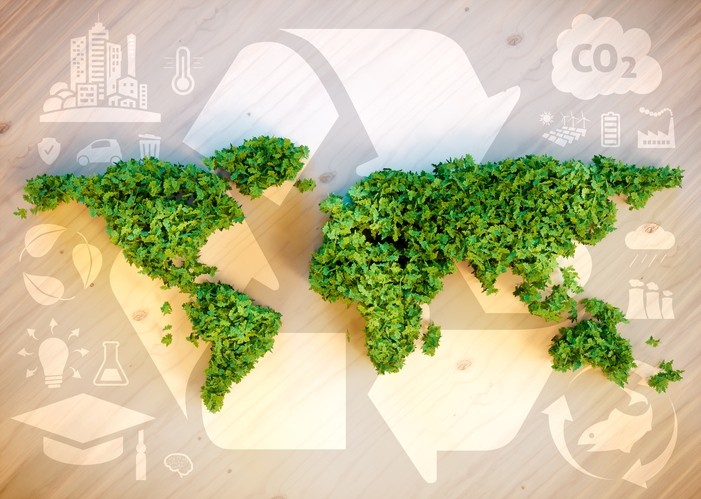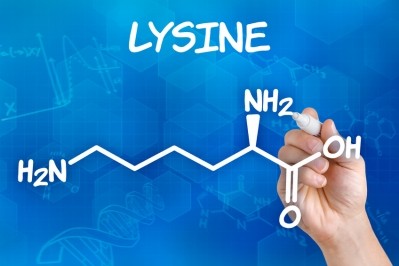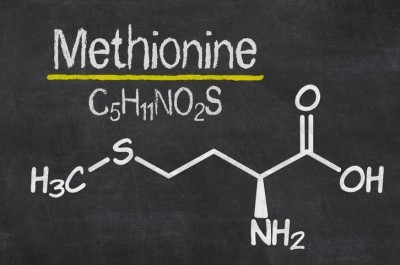Special Edition: Lowering the carbon footprint of feed
German team develops ‘safer and more sustainable way’ of making L-methionine

In the era of a steadily growing world population and ongoing accumulation of greenhouse gases, in particular carbon dioxide, providing food while protecting the environment constitutes an increasing challenge, said the scientists, led by Professor Arne Skerra from TUM’s Department of Biological Chemistry.
They have developed an enzymatic process that potentially opens a novel route to production of a variety of amino acids and valuable building blocks for pharmaceutical chemistry in an environmental friendly manner.
Essential amino acids are added to the feed of livestock, poultry and fish to increase the efficiency of weight gain. In this context, L-methionine (L-Met) is one of the most important feed additives, comprising a world-wide production volume of more than 1 million metric tons per year, noted the TUM team.
Replacement of toxic chemical
However, the use of the extremely toxic reactant hydrogen cyanide (HCN) during conventional chemical synthesis of this amino acid makes this route challenging with regard to process safety, they said.
In the frame of a call for research proposals, Evonik Industries was looking for an alternative, HCN-free route for the synthesis of L-Met starting from the bulk product methional.
Though this call was primarily addressed to scientists in the area of preparative chemistry, the TUM team proposed an enzymatic approach that involved reversal of the catabolic Ehrlich pathway and, in particular, the biocatalytic fixation of gaseous CO2.
Their paper, published in Nature Catalysis, describes the new process and how it could replace the current petrochemical production of methionine. The basic principle of this novel biocatalytic reaction can serve as a model for the industrial production of other valuable amino acids or precursors for pharmaceuticals, said the team.
Asked about the sustainability profile of this enzymatic process, Professor Skerra told FeedNavigator:
“It is difficult to calculate the carbon footprint for our biotechnological route to methionine versus the purely chemical process in the absence of a fully developed bioprocess.
“Considering that HCN, which is used in the chemical route, is synthesized at the technical level from methane (a hydrocarbon) and ammonia whereas our biocatalytic process uses CO2 (or CO, if accounting for the cofactor regeneration step) and ammonia, our route should clearly provide an advantage in this regard.”
He said that apart from carbon footprint, the other crucial environmentally friendly aspect of their process is the avoidance of HCN.
“HCN is highly poisonous and usually not produced on site but transported to the methionine production plant in concentrated form and in huge quantities.”
Early stage research
This is still early stage research.
Professor Skerra’s team has to refine the process, which has been patented, using protein engineering so that it will become suitable for large-scale application.
“We expect that our process may be ready for the commercial scale after 5-10 years of further technical development.
“The process of methionine production is proprietary to our partner Evonik Industries.
“However, the production of other amino acids according to our innovative biocatalytic route should also be open to others for exploitation.”
Source: Nature Catalysis
DOI: 10.1038/s41929-018-0107-4
Title: Fixation of gaseous CO2 by reversing a decarboxylase for the biocatalytic synthesis of the essential amino acid L-methionine
Authors: J Martin, L Eisoldt, A Skerra














